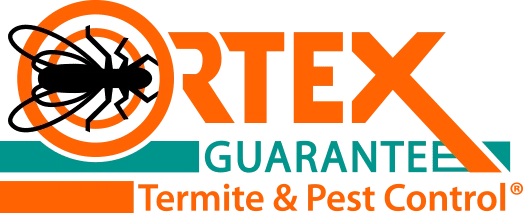How To Choose a Pest Control Company
The most important step in the pest control process is hiring the right company for you. The qualifications of and treatment methods used by a company are important to consider, as are its years of experience and what other customers have said. Of course, you also want to think about cost.
Below, we dive into detail on each of these factors.
Does the company have a valid license and permits to perform pest control?
Per the United States Environmental Protection Agency (EPA), all pesticide applicators and their supervisors need to be certified at the state level. The EPA sets minimum standards of competency, but all Tennessee pesticide applicators need to be licensed through the proper state regulatory agencies.
Is the company a member of any professional organizations?
Obtaining additional optional certifications can help show that a pest control company is reputable. One example is the GreenPro Service Certification. To earn this certification, a company must show that its methods are more environmentally friendly and that its employees receive up-to-date training. Other various certifications can be earned through trade organizations like QualityPro.
Pest control companies can also become members of professional organizations. Membership in organizations such as the National Pest Management Association (NPMA) or state-level organizations is not required, but helps show that a company is reputable. Membership in the NPMA gives companies access to education, resources, and a network of pest professionals with whom to discuss methods and practices.
Professional Experience and Specialties
How long a company has been in business can give you some insight into its experience dealing with the pests that live in Clarksville. Online reviews or the company's own website can also inform you whether it has the experience needed to handle your specific pest problem. If you can't find the information you need online, calling a representative is an easy way to learn about the company's areas of expertise.
Reviews and Recommendations
Resources that can help you verify a company's reputation include the Better Business Bureau (BBB), local review sites, and social media. Additionally, you can check the status of a company's license through the Tennessee licensing board.
Cost of Services and Guarantees
For many people, cost is one of the most important factors when looking for pest control services. Cost can be influenced by factors like your location, the size of your house, and the type of pest being treated.
You can think about whether a specific company offers free on-site estimates (to determine if it fits in your budget), and what sort of guarantees are provided. Often, a company will guarantee that if its treatment doesn't resolve your pest problem, it will continue to come back until it does.
Safety and Treatment Methods
Your choice of pest control provider might be influenced by how environmentally friendly a company's practices are, in addition to how safe its methods are around your family and pets.
Safety
Your pest control provider should use pesticides that are low toxicity or non-toxic when possible. If any pesticides they intend to use don't fall into one of these categories, your technician should explain what safety precautions will be used to protect you, your family, and your pets. All pesticides that pose more than a minimum risk are required to be registered with the EPA.
Treatment Methods
Many companies have started offering options for more environmentally friendly methods of pest control before relying on harsh pesticides.
One common way of making pest control safer and greener is Integrated Pest Management (IPM). The steps of IPM are as follows:
- Identify problem pests and determine if immediate action is needed.
- Decide on the safest course of action.
- Use a combination of mechanical, physical, biological, and cultural controls to manage the pest problem.
- Employ chemical controls only when required, and always with other controls for effective long-term pest management.
- Assess the outcome and provide additional pest control as needed.
















